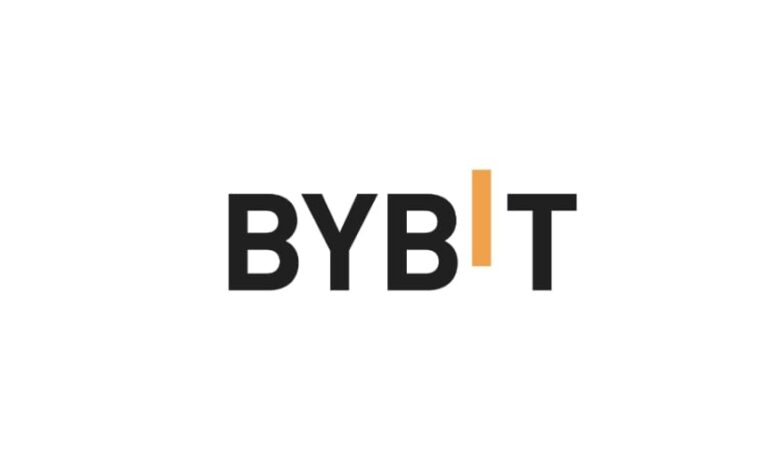Bybit’s SCA License Ignites a Talent War Across the UAE’s Crypto Sector

Bybit’s newly granted license from the UAE’s Securities and Commodities Authority (SCA) is doing more than legitimizing its operations — it’s disrupting the balance of power in the country’s crypto industry. What began as a regulatory milestone has quickly evolved into a full-scale expansion campaign, one that is reshaping the UAE’s crypto job market and unsettling rival exchanges.
Industry executives privately admit that Bybit’s aggressive hiring spree is being felt across the ecosystem. Key staff members from other exchanges are reportedly being approached with compensation packages two or even three times higher than their current pay. What’s unfolding is a talent war — and Bybit is leading it.
From VARA to SCA: A Strategic Repositioning
Bybit’s regulatory journey in the UAE reflects both ambition and adaptability. The exchange first received an In-Principle Approval (IPA) from Dubai’s Virtual Assets Regulatory Authority (VARA) on August 21, 2024, joining other global players seeking to formalize operations under Dubai’s framework.
But while many peers focused on completing their VARA approvals, Bybit expanded its scope to the federal level, applying for a license with the Securities and Commodities Authority (SCA) — the UAE’s national regulator overseeing onshore digital asset activities. In 2024, Bybit received SCA’s In-Principle Approval few days after the biggest hack in Crypto history , followed by a full operating license in 2025, making it one of the first international exchanges to achieve that milestone.
Interestingly, Bybit’s VARA IPA remains active on the regulator’s public registry, suggesting either administrative overlap or deliberate continuity. For Bybit, maintaining presence under both jurisdictions could reflect a broader commitment to aligning with the UAE’s multi-layered regulatory landscape, rather than a shift away from Dubai.
The Hiring Blitz
If the SCA license was the ignition, Bybit’s hiring strategy is the explosion. The company’s LinkedIn page currently lists 23 open positions, all located in Abu Dhabi or offered as remote roles — not a single one in Dubai. The geographic focus mirrors its operational direction, centered around its SCA-licensed entity.
The vacancies span marketing, campaign management, community engagement, crypto payments, anti-fraud, card operations, app management, data analysis, and risk. This isn’t a company simply fulfilling compliance requirements — it’s the blueprint of a full-fledged digital finance ecosystem.
Bybit is hiring to build, not to comply. The range of openings suggests the exchange is establishing a self-contained operational hub capable of handling everything from product development to payment integration — positioning itself as a consumer-facing, fintech-style platform rather than a trading venue alone.
Multiple executives confirm privately that Bybit’s salary packages are shaking up the market. In some cases, staff are being offered two to three times their current pay to switch. In a market as small and specialized as the UAE’s, even one departure can trigger operational strain — particularly in regulated positions like compliance or risk management.
The Culture of Speed
Behind Bybit’s acceleration lies a distinct corporate rhythm. Its leadership follows a fast-execution model common among Asia-born crypto and tech companies — one that prioritizes speed, clarity, and unified direction.
This culture enables Bybit to act faster than its Western-structured competitors, where decisions often pass through multiple layers of governance. Once the SCA license was secured, recruitment and market activation began almost immediately. It’s a style that values delivery over deliberation, allowing Bybit to build momentum before others could react.
The Fallout for Smaller Exchanges
For smaller and mid-tier exchanges, the consequences are already visible. The sudden salary inflation is pushing operating costs beyond sustainable levels, especially for those without significant reserves or global support.
Losing key staff — particularly those registered as “fit and proper” officers with regulators — can freeze operations or delay audits. Some exchanges are responding with flexible incentives, but few can compete with Bybit’s financial reach.
If the current hiring trend continues, the UAE could see the start of market consolidation, not driven by regulation but by talent economics. Exchanges that fail to retain their teams may need to merge, downsize, or pivot toward niche services.
The Bigger Picture
Bybit’s journey from VARA to SCA approval — and its subsequent hiring surge — marks a turning point for the UAE’s digital asset ecosystem. The exchange is not only expanding its operations but actively redefining the region’s crypto talent and compensation structure.
In the process, it has revealed a new dynamic: regulatory progress now comes with economic gravity. Those with capital and execution power can attract the best talent, shape the ecosystem, and set new standards for scale.
In a market where licenses are no longer the finish line but the starting point, Bybit’s next moves may determine how the UAE’s crypto sector organizes itself — not by policy, but by payroll.





